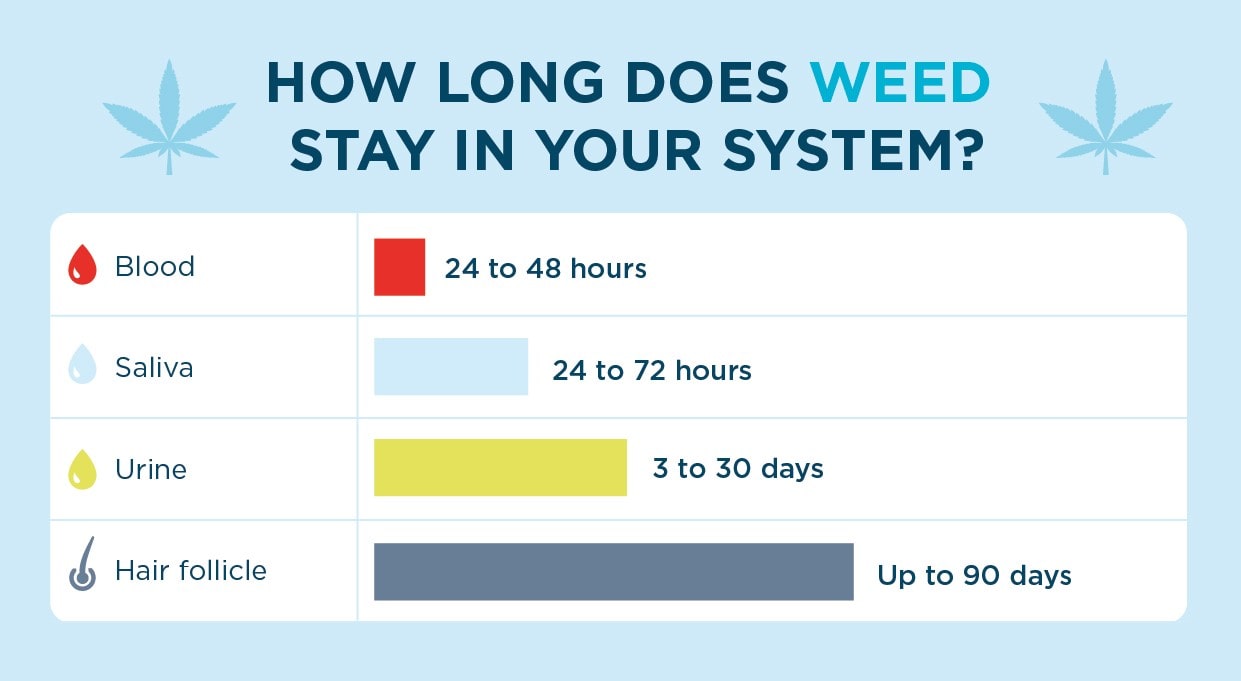Cannabis withdrawal and detox: what to expect and how to manage it
Cannabis withdrawal can lead to uncomfortable physical and psychological symptoms, which can be best managed with professional detox in a safe and supportive environment.
When you stop using cannabis, your body and mind go through withdrawal as they adjust to functioning without THC, the drug’s active ingredient.
Withdrawal can lead to unpleasant physical and psychological symptoms, which can increase the risk of relapse.
Some people stop abruptly (also known as ‘cold turkey’) while others gradually reduce or taper off their use of cannabis. Attempting either of these alone can lead to relapse and be challenging due to withdrawal symptoms. Medically assisted detox is the safest and most effective option for successfully quitting cannabis.
Detox (eliminating THC from your system) is the first step in overcoming cannabis addiction. But addressing the psychological, behavioural, and emotional aspects of addiction is just as important for long-term recovery.
Professional support services, such as Priory, offer highly specialised therapeutic and holistic interventions, alongside detox, to support you on this journey.
Withdrawal symptoms and their severity vary from person to person, but most people experience a general pattern when quitting cannabis:
Withdrawal symptoms typically start within 24 to 48 hours after you last took cannabis. Early signs may include sleep problems, anxiety, headaches and reduced appetite.
Sleep disturbances can be especially difficult to cope with and may lead to relapse if not managed appropriately.
Physical and psychological withdrawal symptoms reach their peak as the body continues to cleanse the system of THC. Severe mood disturbances, anxiety and sleep problems can lead to strong cravings.
Heavy, frequent use, high THC potency, physical and mental health issues, and slow metabolism can intensify symptoms.
Physical symptoms, including sleep and appetite issues, start to subside. Some psychological symptoms, such as brain fog, may persist, but anxiety and mood disturbances generally start to ease.
Cravings may be less intense but can linger for several weeks, especially if you were a regular user or used cannabis to self-medicate.
Developing healthy coping strategies and routines can help you to better manage persisting withdrawal symptoms.

Cannabis withdrawal can feel unpleasant, and you may experience a range of physical and psychological symptoms that, like all drug withdrawal, can be difficult to manage alone.
The severity of symptoms can increase if you:
Common withdrawal symptoms of cannabis include:
Detoxing from home is dangerous and should never be attempted. Removing the influence of cannabis on your system is a medical procedure, so seek professional support where you can receive ongoing care during in a purpose-built environment.
You should consider a cannabis detox if you:
Drug detox is a medical process that helps you to manage withdrawal symptoms and reduce the risk of relapse, putting you on a path to long-term recovery.
Detoxes come as part of residential treatment programmes for drug addiction, which Priory offers at our network of UK rehab centres.
A detox is the process of cleansing THC (the psychoactive ingredient chemical in cannabis) from your system and typically lasts 7 to 10 days. While there are no specific medications for cannabis withdrawal, doctors may prescribe sleep aids, anti-anxiety medication, or antidepressants to make withdrawal as comfortable as possible.
At Priory, you’ll have access to 24/7 care from a team of highly specialised experts in a supportive and welcoming environment.
Once the toxins have been removed from your system, you’ll receive ongoing support to address the underlying causes and triggers of addiction. Priory’s treatment programme ensures successful detox and long-term recovery, offering you the best foundation for overcoming cannabis addiction.
Completing detox is often an important first step. However, achieving long-term recovery also involves addressing the underlying reasons for your cannabis use, developing coping mechanisms and making lifestyle changes.
At Priory, cannabis detox typically lasts 7 to 10 days as part of our 28-day addiction treatment programme. Following detox, you’ll receive therapy and relapse prevention support in a structured environment, free from triggers and stress.